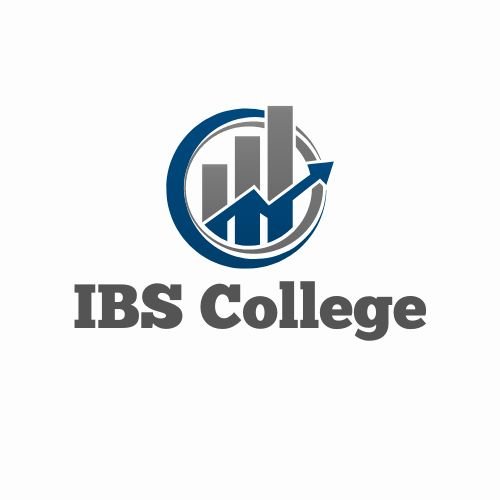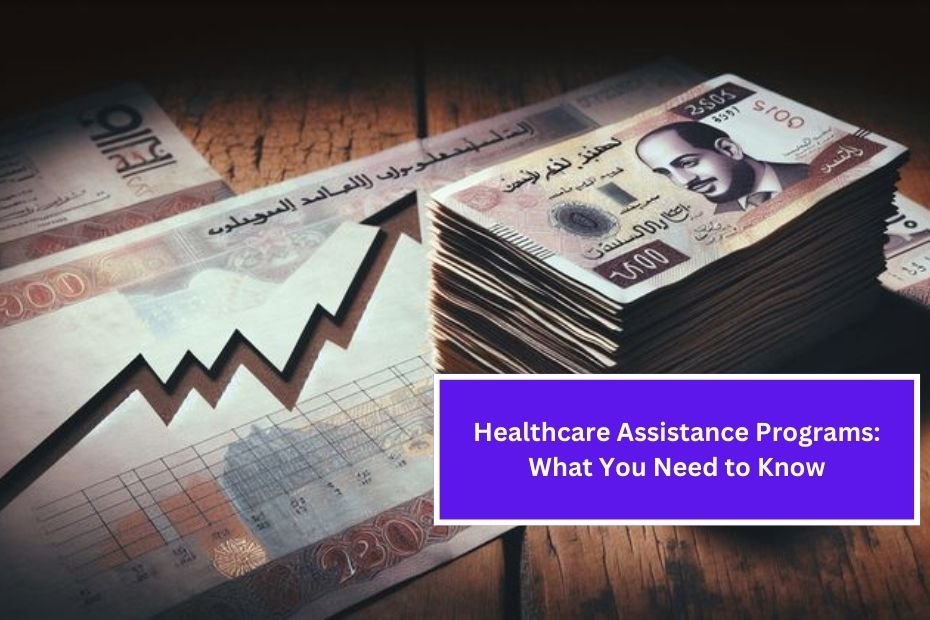Healthcare is essential for everyone, but not everyone can afford the medical care they need. This is where healthcare assistance programs come into play. These programs help people who are struggling to pay for healthcare services. In this article, we will explore what healthcare assistance programs are, who they are for, the different types of programs available, and how to apply for them. By the end, you’ll have a better understanding of how these programs can help you or someone you know.
What Are Healthcare Assistance Programs?
Healthcare assistance programs are designed to help individuals and families pay for medical expenses. These programs can cover various healthcare services, including doctor visits, hospital stays, prescription medications, and preventive care. They aim to ensure that everyone, regardless of their financial situation, can access necessary healthcare services.
Why Are These Programs Important?
- Access to Care: Healthcare assistance programs help people get the medical care they need, preventing untreated health issues from becoming more severe.
- Financial Relief: Medical bills can be overwhelming. These programs provide financial support, making healthcare more affordable.
- Promoting Health: By enabling access to preventive services and treatments, these programs contribute to overall public health and well-being.
Who Can Benefit from Healthcare Assistance Programs?
Healthcare assistance programs are typically aimed at:
- Low-Income Families: Families with limited financial resources often qualify for assistance.
- Individuals Without Insurance: People who do not have health insurance coverage may find these programs beneficial.
- Underinsured Individuals: Those who have insurance but still struggle with high deductibles or copayments can also seek assistance.
- Elderly Individuals: Senior citizens often have fixed incomes and may need help covering healthcare costs.
- People with Disabilities: Individuals with disabilities may require additional support for their healthcare needs.
Types of Healthcare Assistance Programs
There are various healthcare assistance programs available, each with its specific eligibility criteria and services. Here are some of the most common types:
1. Medicaid
Medicaid is a government program that provides health coverage for low-income individuals and families. It is jointly funded by the federal and state governments. Each state has its own Medicaid program with specific eligibility requirements, but generally, it covers:
- Hospital and doctor visits
- Long-term care services
- Preventive care
- Prescription drugs
2. Medicare
Medicare is a federal program designed for people aged 65 and older, as well as certain younger individuals with disabilities. Medicare has different parts that cover various services:
- Part A: Hospital insurance (inpatient care)
- Part B: Medical insurance (outpatient care)
- Part D: Prescription drug coverage
3. Children’s Health Insurance Program (CHIP)
The Children’s Health Insurance Program (CHIP) provides health coverage to children in families with incomes too high to qualify for Medicaid but too low to afford private coverage. CHIP covers a wide range of services, including:
- Routine check-ups
- Immunizations
- Doctor visits
- Prescriptions
4. Sliding Scale Clinics
Sliding scale clinics charge patients based on their ability to pay. These clinics often provide a wide range of services, including primary care, dental care, and mental health services. They are a great option for individuals without insurance or those who need affordable healthcare.
5. Nonprofit Organizations
Many nonprofit organizations offer healthcare assistance programs. These organizations may provide free or low-cost services, financial assistance for medical bills, or help navigating the healthcare system. Some examples include:
- The American Cancer Society
- The Kidney Foundation
- The National Organization for Rare Disorders (NORD)
6. Prescription Assistance Programs
Many pharmaceutical companies offer prescription assistance programs to help individuals afford their medications. These programs provide discounts or free medications to those who qualify. Patients can check with their healthcare provider or directly with the pharmaceutical company for more information.
How to Apply for Healthcare Assistance Programs
Applying for healthcare assistance programs can seem daunting, but the process is often straightforward. Here’s a step-by-step guide to help you navigate the application process:
Step 1: Determine Eligibility
Before applying, check the eligibility requirements for the program you are interested in. This information is usually available on the program’s official website or by calling their office.
Step 2: Gather Necessary Documents
Most programs will require specific documents to support your application. Common documents needed include:
- Proof of income (pay stubs, tax returns)
- Identification (driver’s license, social security number)
- Health insurance information (if applicable)
- Any medical bills or statements
Step 3: Complete the Application
Applications can often be completed online, by mail, or in-person at local offices. Make sure to fill out the application completely and accurately. If you have questions, don’t hesitate to ask for help.
Step 4: Submit Your Application
Once you have completed the application and gathered all necessary documents, submit your application as instructed. Keep a copy for your records.
Step 5: Follow Up
After submitting your application, it’s a good idea to follow up with the program to check on the status of your application. This can often be done by calling their office or checking online.
What to Expect After Applying
After you apply for a healthcare assistance program, you may experience the following:
- Application Review: The program will review your application and documents.
- Approval or Denial: You will receive a notification regarding the status of your application. If approved, you will receive information on the coverage or assistance available.
- Ongoing Requirements: Some programs may require periodic re-evaluation of your eligibility. Be sure to keep up with any requests for updated information.
Challenges and Considerations
While healthcare assistance programs provide valuable support, there can be challenges in accessing these services:
- Complex Application Processes: Some programs may have complicated application procedures, which can be overwhelming.
- Limited Funding: Certain programs may have limited resources, leading to longer wait times or potential denial of services.
- Awareness: Many people may not be aware of the assistance programs available to them.
Tips for Success
- Research: Take the time to research all available programs in your area.
- Ask for Help: Don’t hesitate to seek assistance from local community organizations or social workers who can guide you through the process.
- Stay Organized: Keep track of all your documents and communications related to your application.
Conclusion
Healthcare assistance programs play a vital role in helping individuals and families access the medical care they need. By understanding the different types of programs available, who can benefit from them, and how to apply, you can take important steps towards securing healthcare coverage. Whether you’re struggling with medical bills, seeking preventive care, or simply need help navigating the healthcare system, these programs can provide the support necessary for better health and well-being.
If you or someone you know may qualify for healthcare assistance, don’t hesitate to explore your options and take action. Remember, everyone deserves access to quality healthcare, and these programs are here to help make that a reality.

